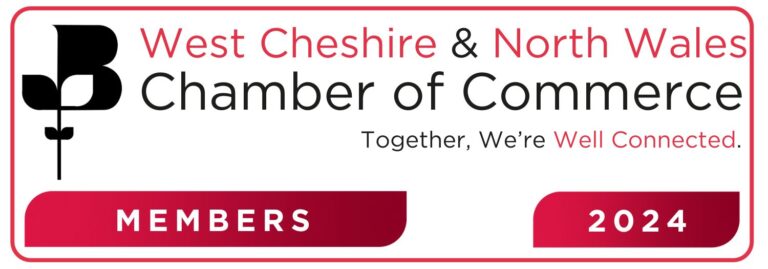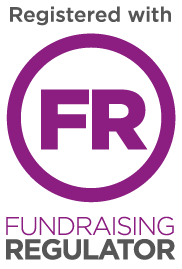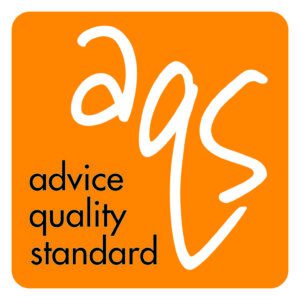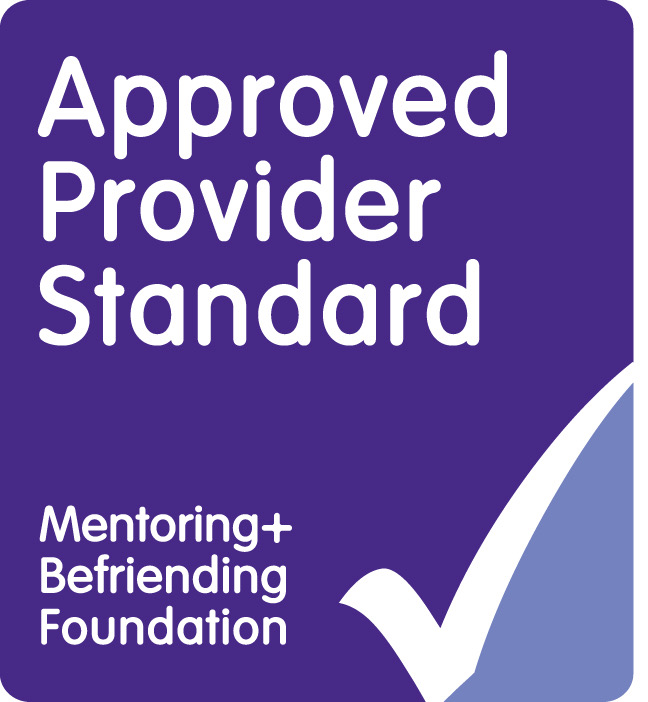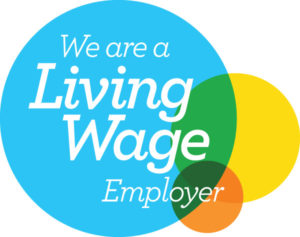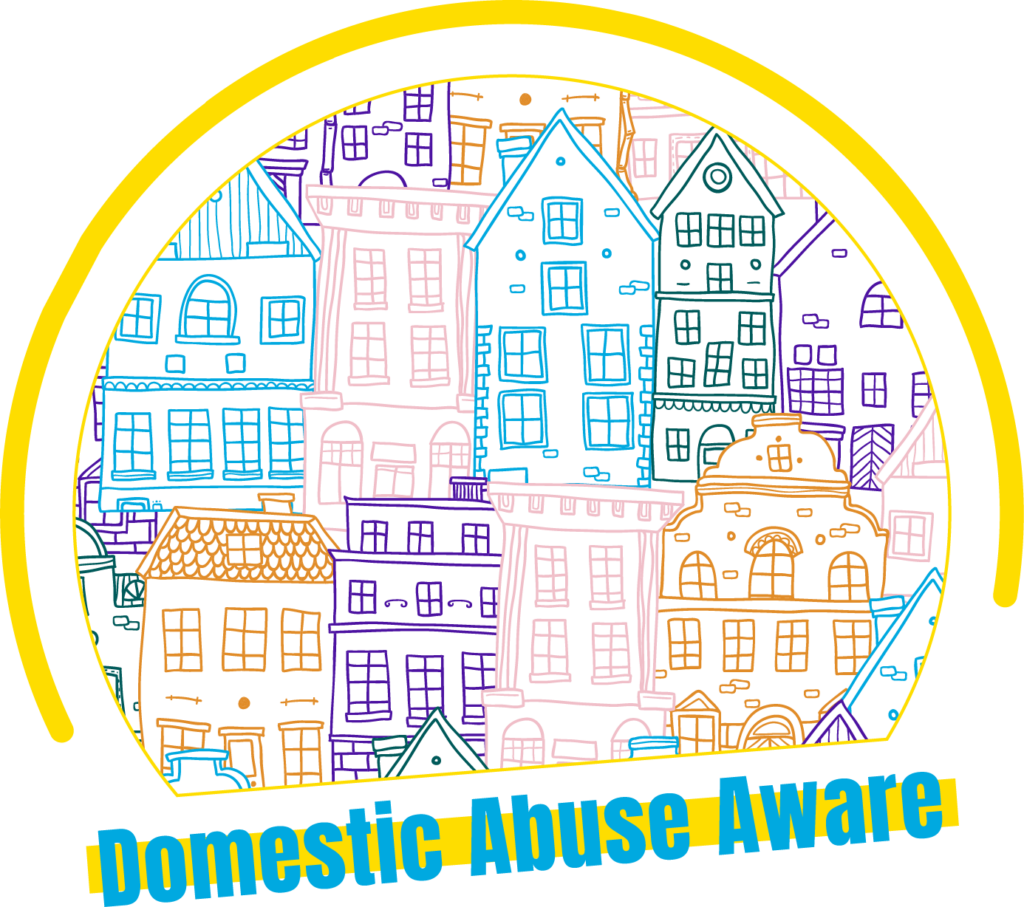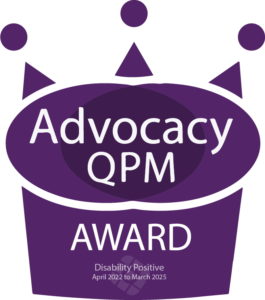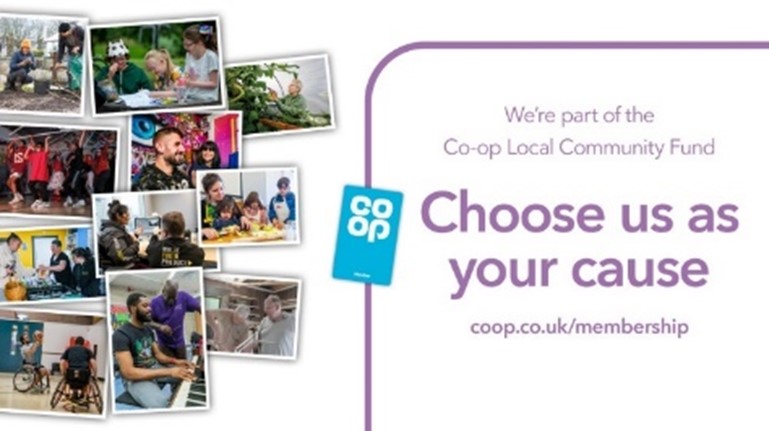This year, the International Day of Disabled People is on the 3rd December. The theme this year is to be united in action to achieve the sustainable development goals for disabled people, which include reducing inequalities, promoting inclusive and equitable quality education and decent work and equal pay for all.
We felt this was a good time to let people know about the Disabled People’s Manifesto that was recently produced by the Disabled People’s Organisations Forum (of which we are a member). You can look at the manifesto here:
www.disabledpeoplesmanifesto.com/manifesto
The manifesto calls upon the next UK Government to instigate a reform programme that addresses long standing areas of inequality for disabled people: disablist policy making, oppression and injustice and a lack of equal life chances for disabled people as compared to non-disabled people.
Even since the 1970s and the formulation of the Social Model of Disability by activist groups of disabled people, disabled people have strived hard to show how it is the barriers within our society that prevents disabled people participating on an equal basis. These barriers can be in the built environment, in the attitudes and beliefs that society has about disabled people and the institutional structures that lead to inequality.
This fight is as relevant today as it was 40 years ago. Particularly given how disabled people have been disproportionally affected by a combination of austerity, the cost of living crisis and the impact of Covid. Evidence shows[1] [2] that disabled people are more likely to be living in poverty, earn less or are not able to get a job and achieve fewer outcomes in education.
We are often told by people that we work with that they feel that as a disabled person they do encounter barriers that do stop them participating within society on an equal basis. For example, a person having control over their own life and support they receive is vital. However, the reality for some people is that if they are assessed as paying a significant part of their income towards their care costs, this means that they are unable to enjoy the same ability as non-disabled people to do even simple things like buy relatives a card on their birthday, as they have no surplus income after paying towards their care. During the Covid pandemic, we regularly talked to people who use our services and the overwhelming feeling from people was that they felt isolated and that disabled people had been forgotten by policies and guidance made at the time. For a significant part of the UK population to feel that they were being disregarded and forgotten about does highlight how it was felt that the voice of disabled people wasn’t being heard.
Our staff at Disability Positive will tell us that they enjoy working for an organisation that is inclusive and one which celebrates difference. This is still not the case in many jobs. Our staff tell us that one of the best things about working for us is the fact that they also work with other disabled people who understand the obstacles and barriers that they experience in every-day life.
The reality of life for disabled people in the UK in the 21st century is that they do still face negative attitudes and discrimination, which is why it is essential that disabled people have the same opportunities in life as non-disabled people, this is why the 4 areas of the manifesto are so important as it emphasises that there is still a long way to go to achieve equality for disabled people.
The 4 key areas of the manifesto are:
- Increase representation of and increased voice for disabled people in order to promote participation in public life.
- Equal rights for disabled people in line with the United Nations Convention of the Rights of Disabled People and to end discrimination.
- The right for disabled people to live independently and to have choice and control over any support they may receive.
- Inclusion of disabled people from the outset when aspects of life are being planned.
As a Disabled People’s Organisation, Disability Positive has signed up to this manifesto, and we would urge everyone to read it and hopefully when the next election arrives, people can contact any of the candidates where they live to find out whether all the UK political parties intend to implement the points covered in the manifesto.
[1] https://www.bristol.ac.uk/geography/research/pfrc/themes/capability-behaviours-wellbeing/fwb-disabled-people/
[2] https://www.resolutionfoundation.org/publications/costly-differences/

